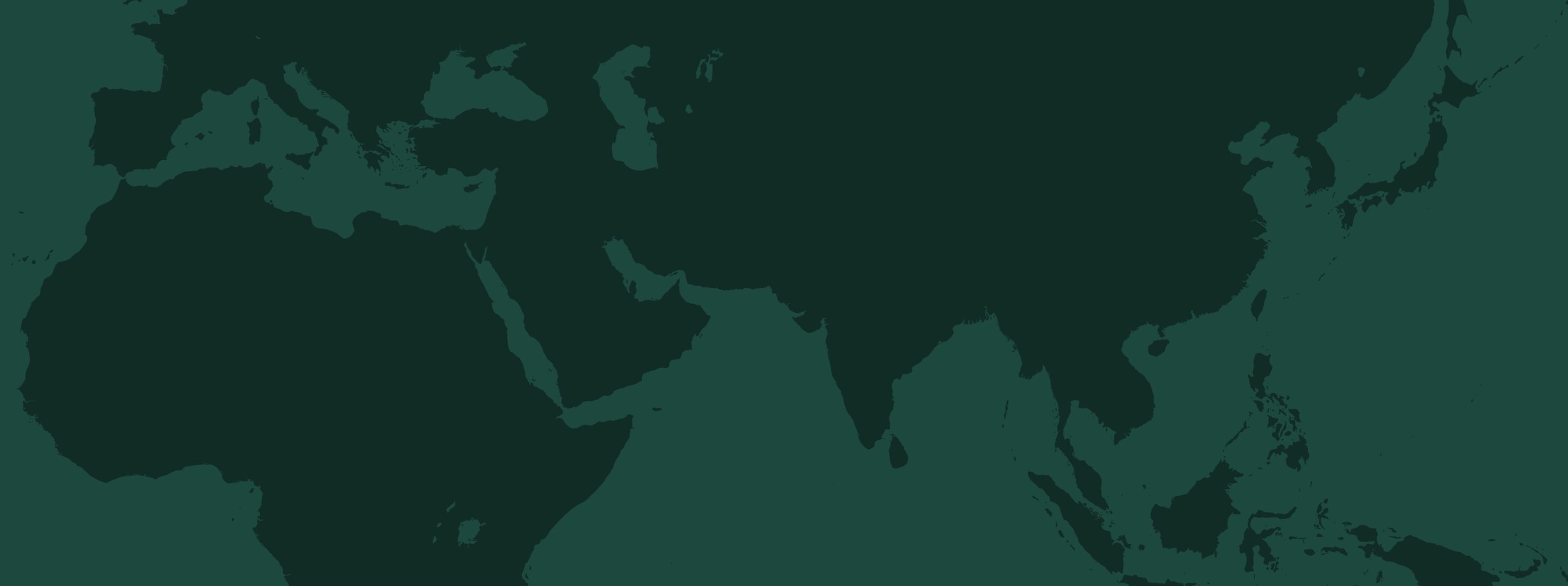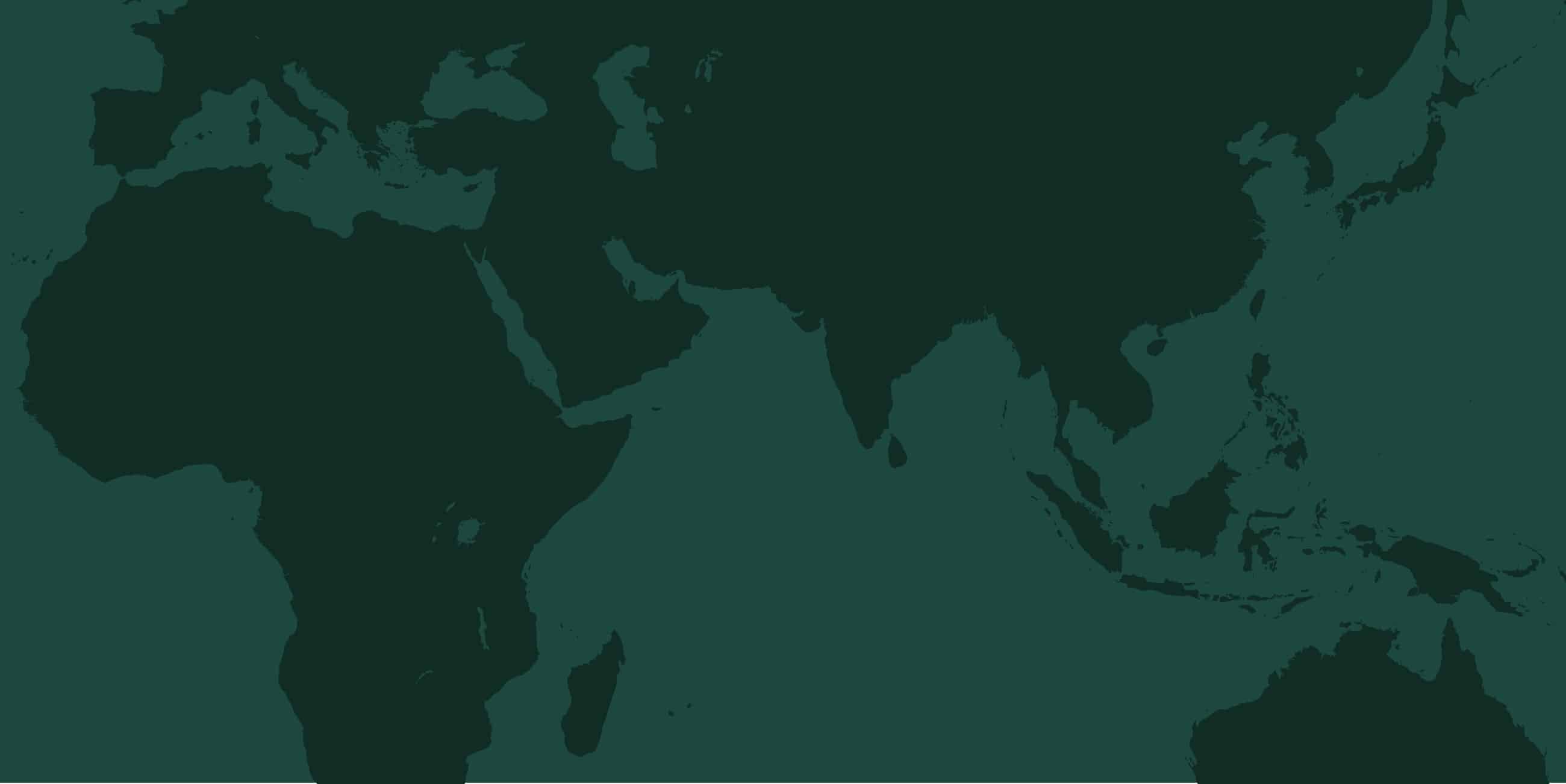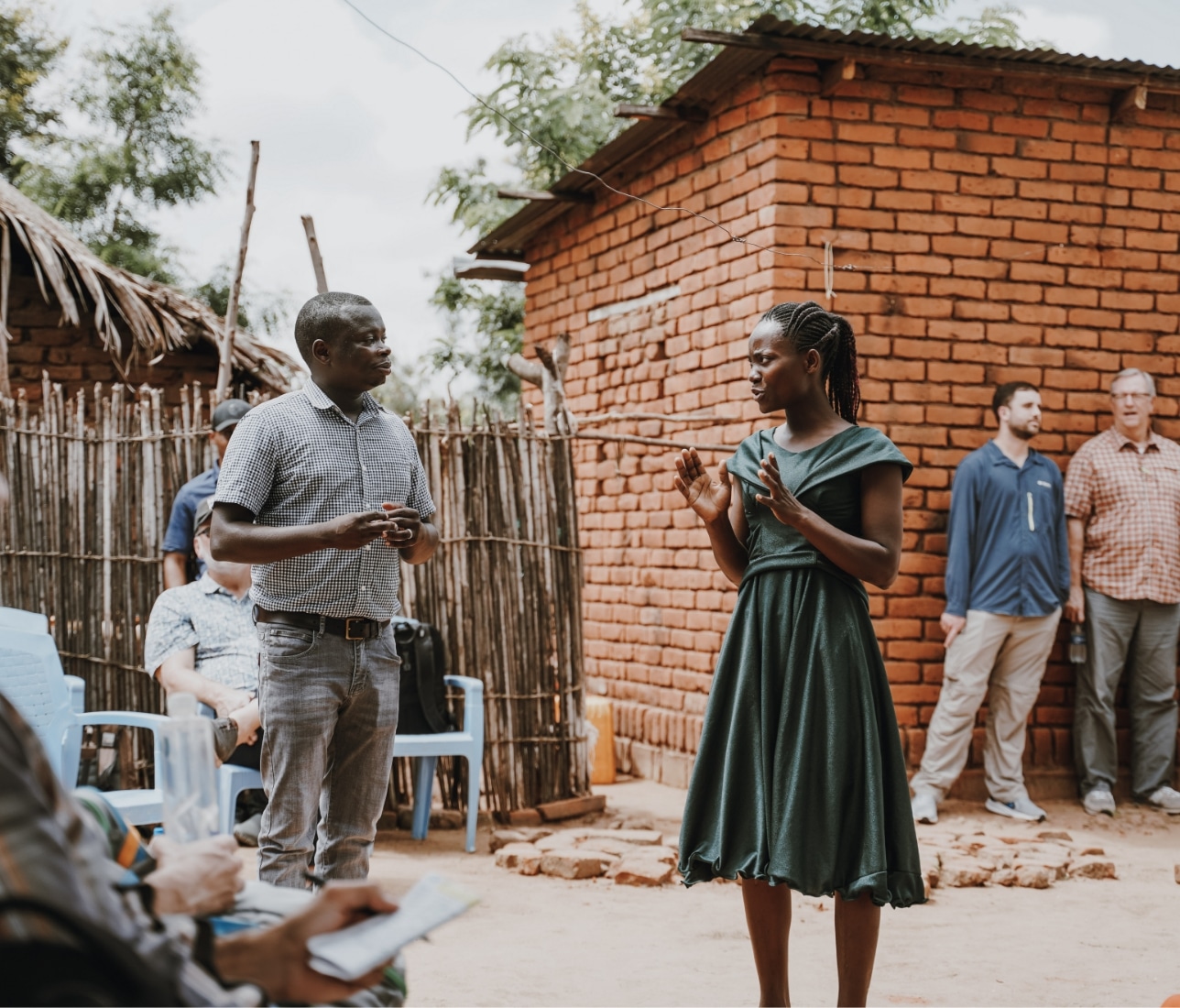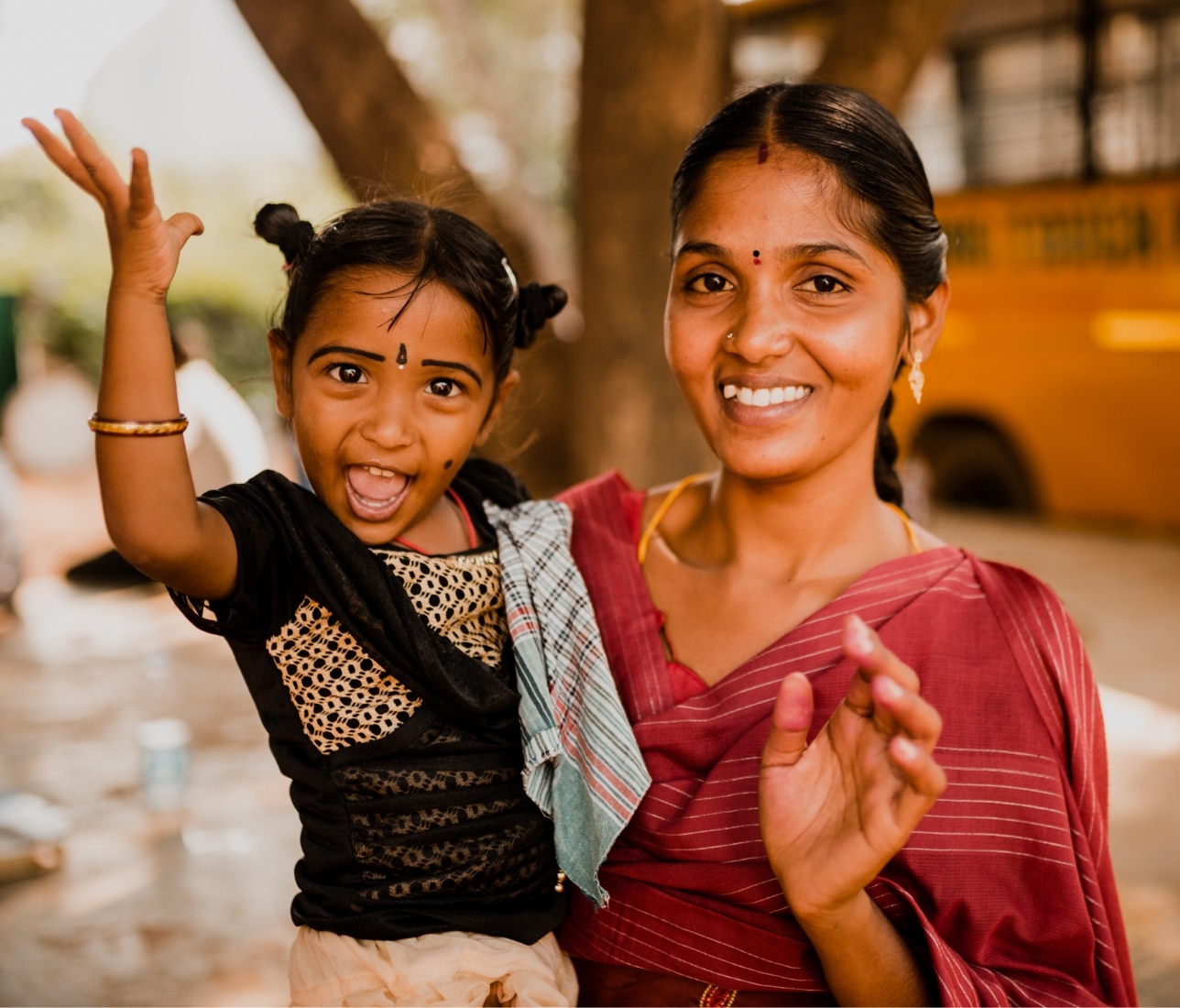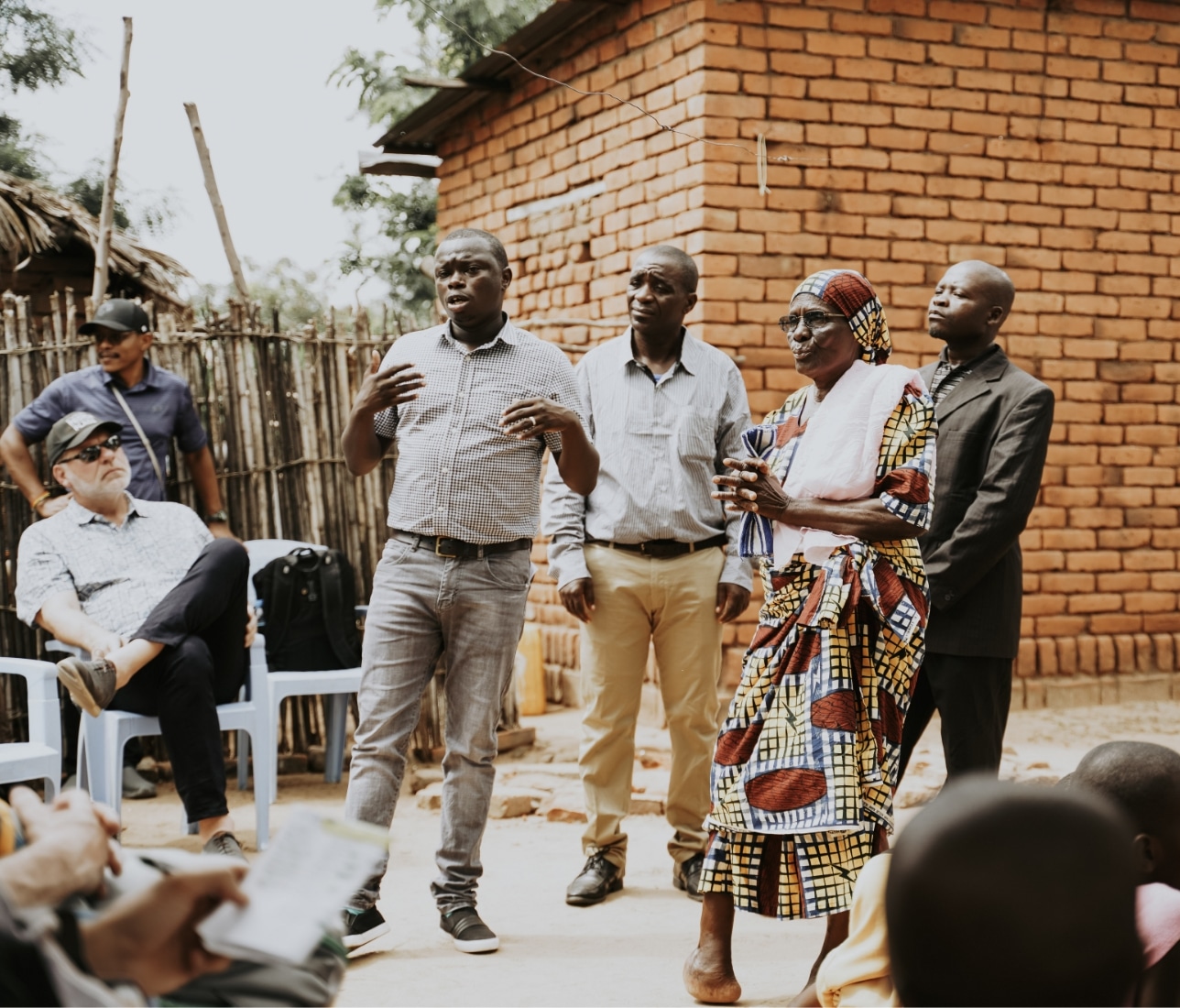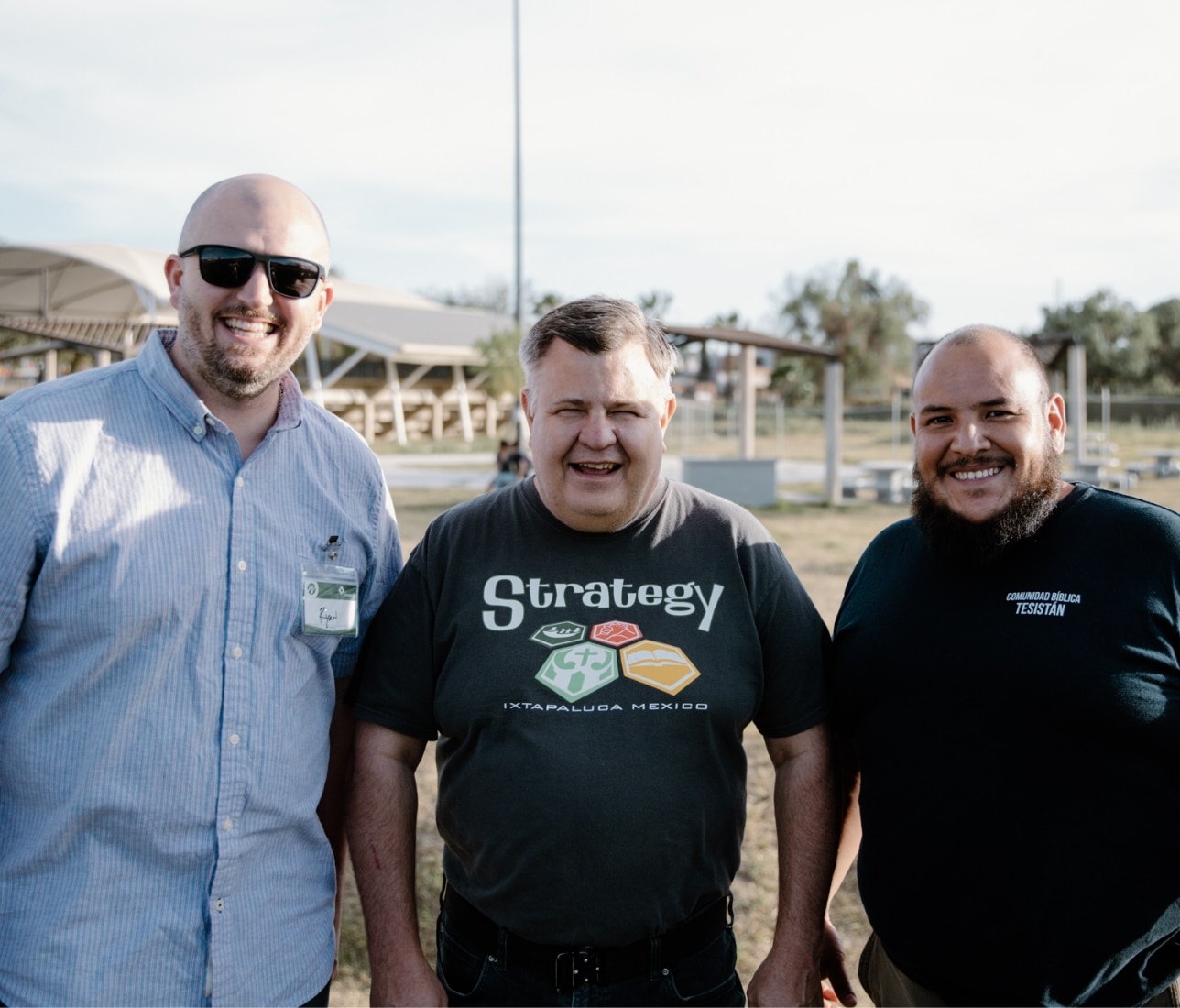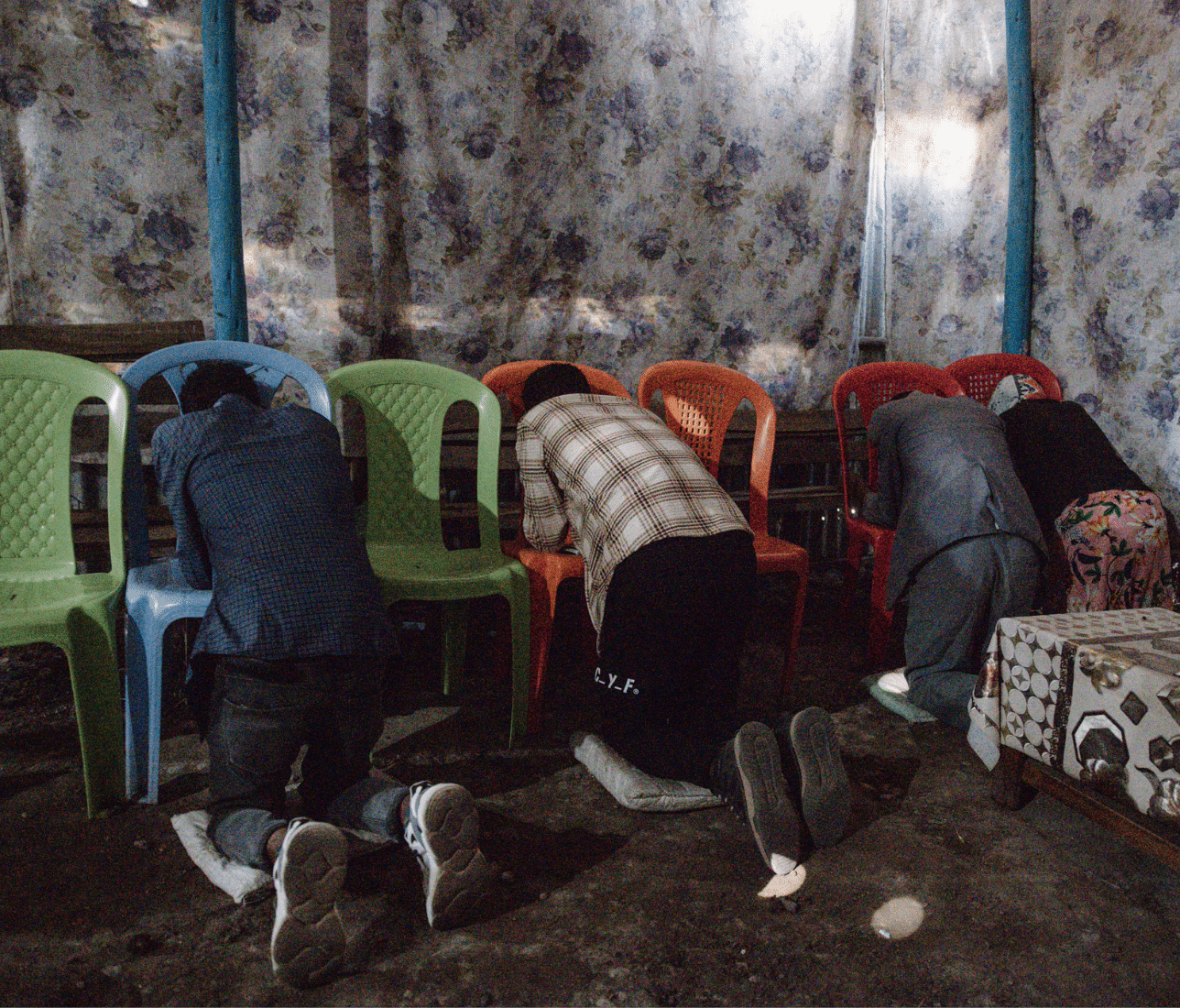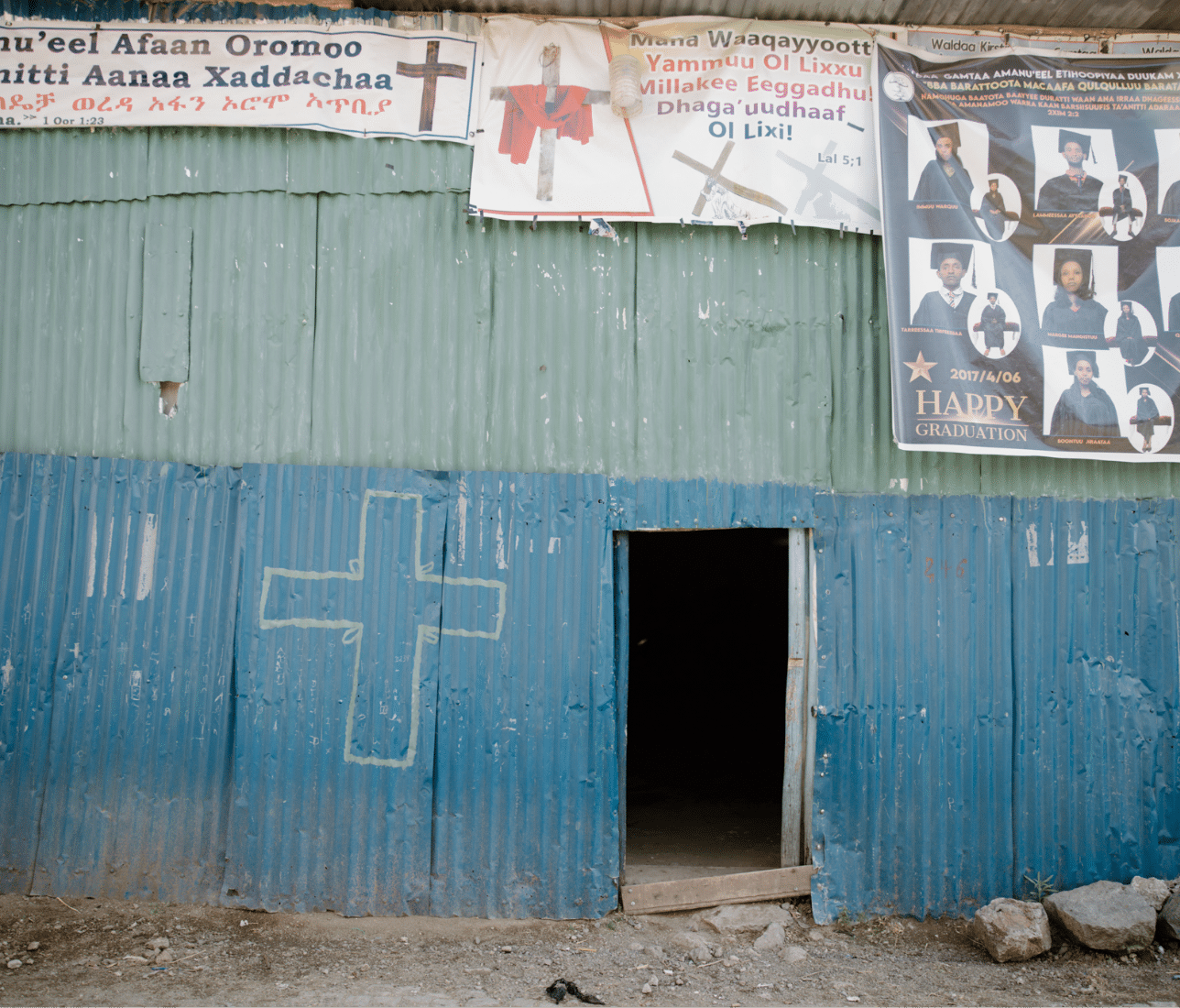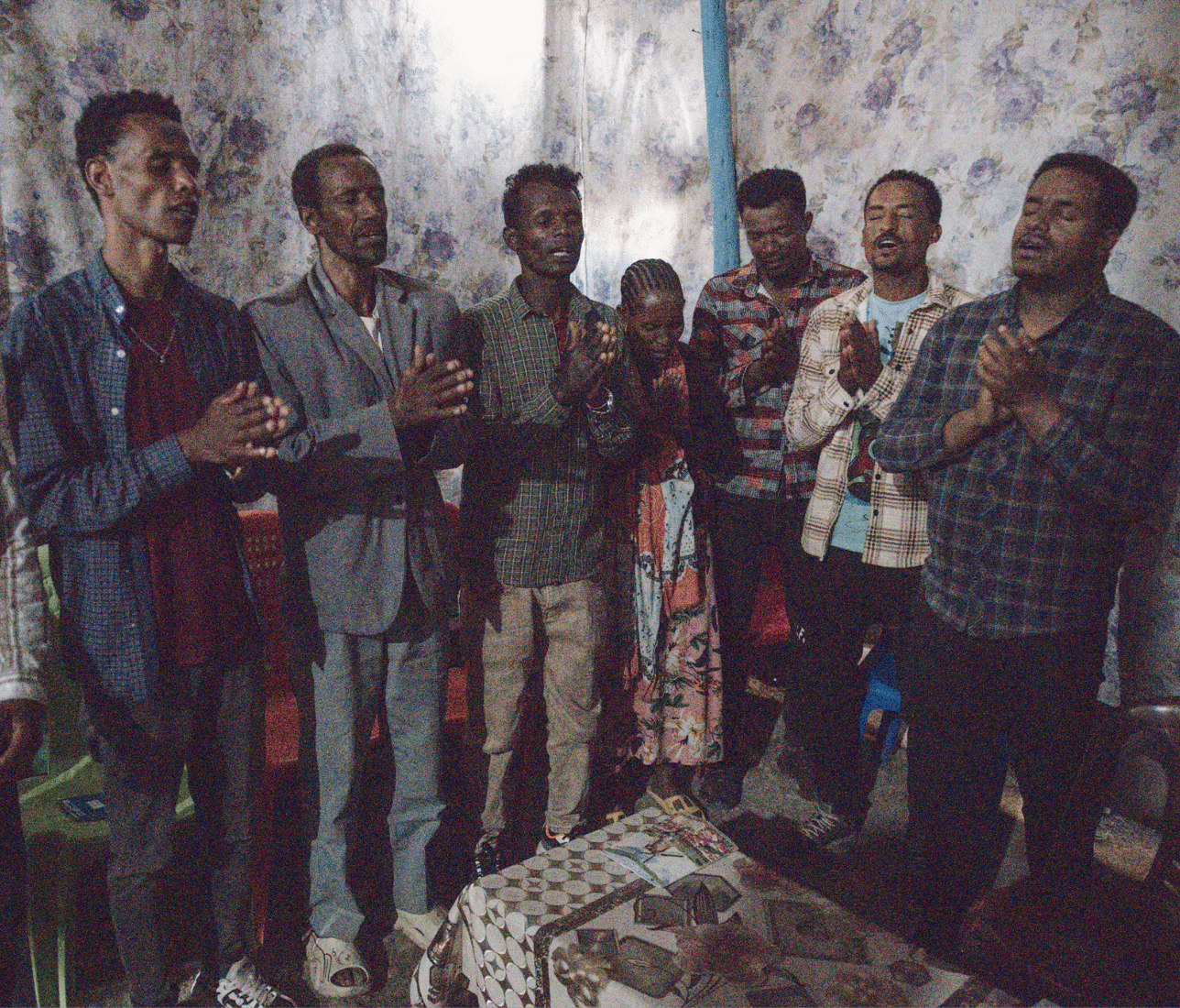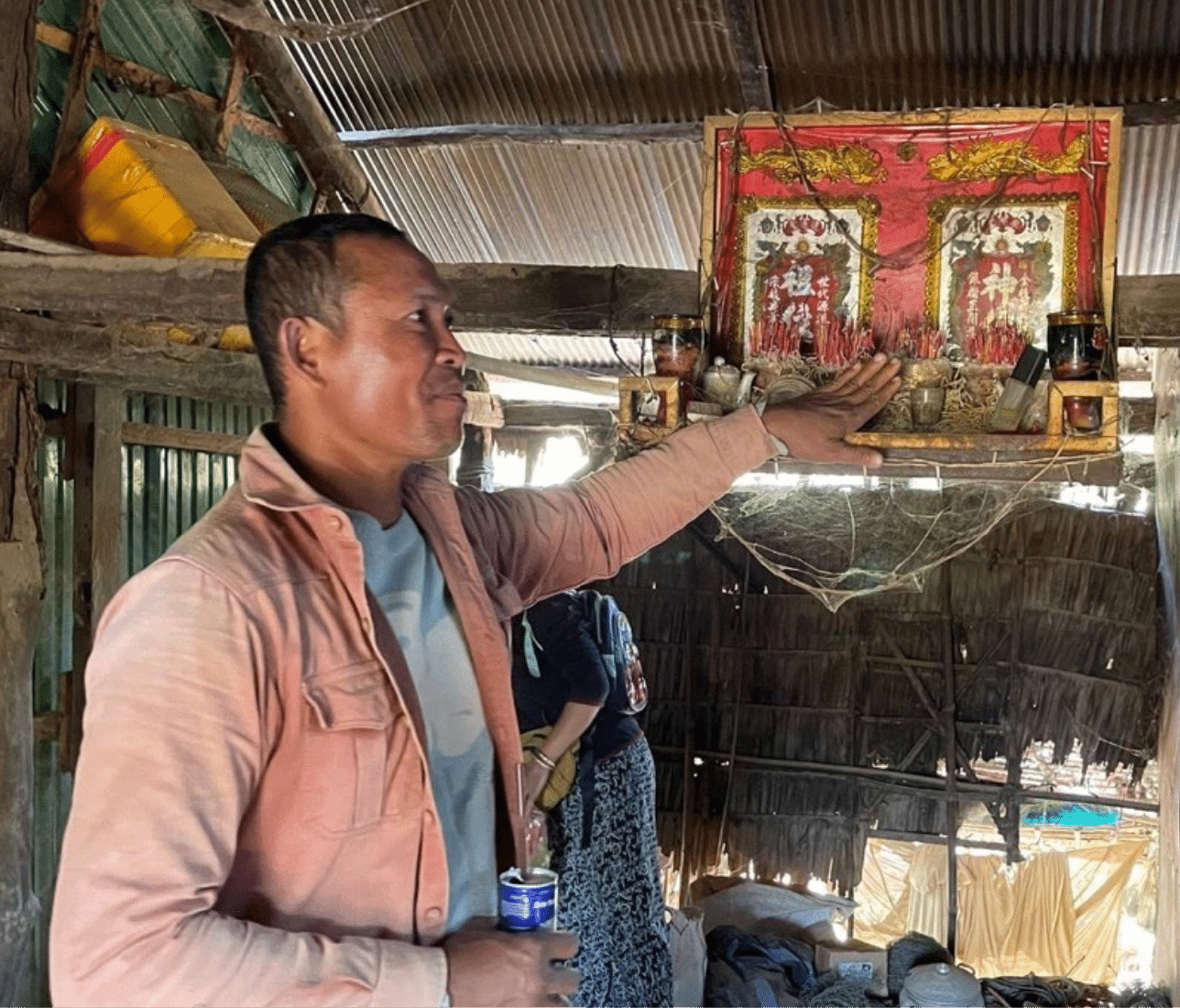Christmas Eve Is Almost Here! Let Us Know You're Coming!

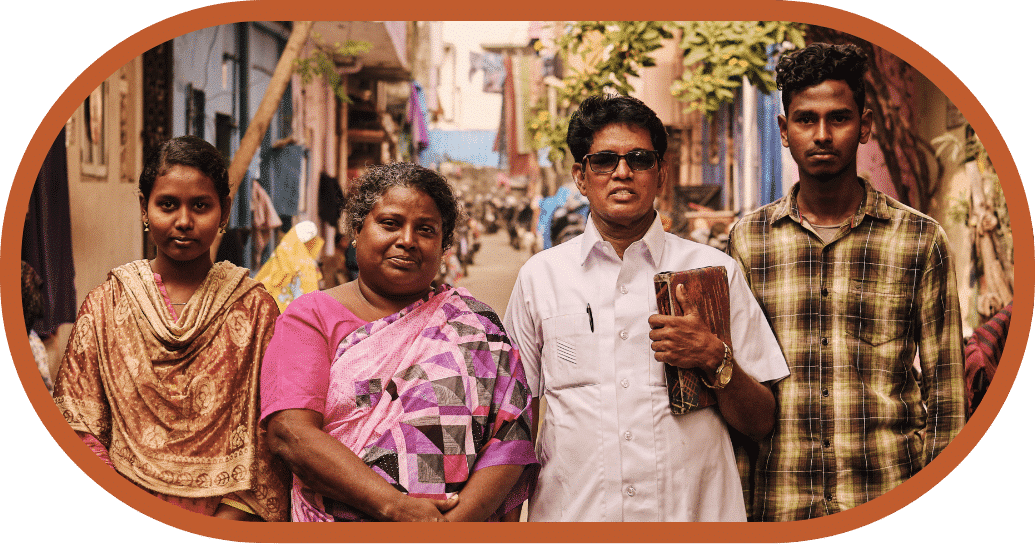
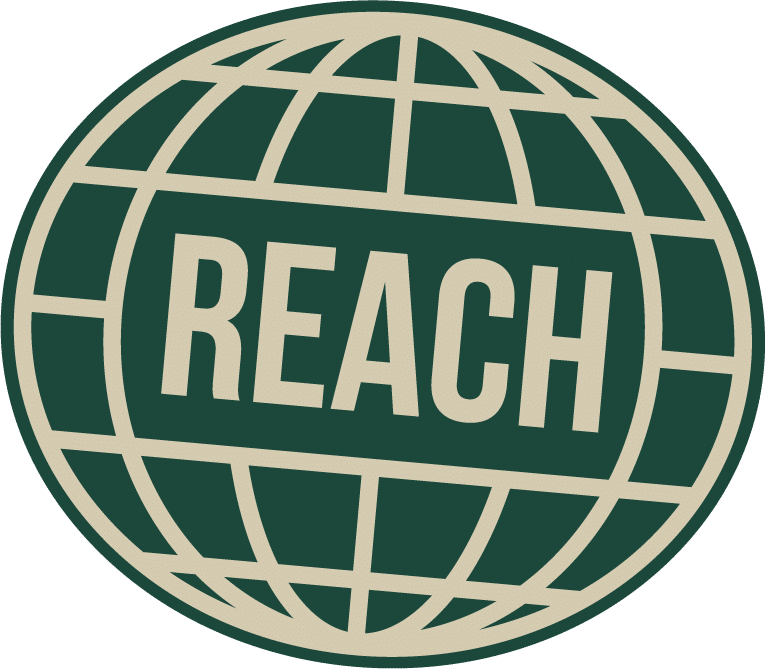
A CHURCH IN
THE 10/40 WINDOW
In this part of the world, Islam, Buddhism, and Hinduism are widely practiced, and thousands of distinct people groups are considered unreached.
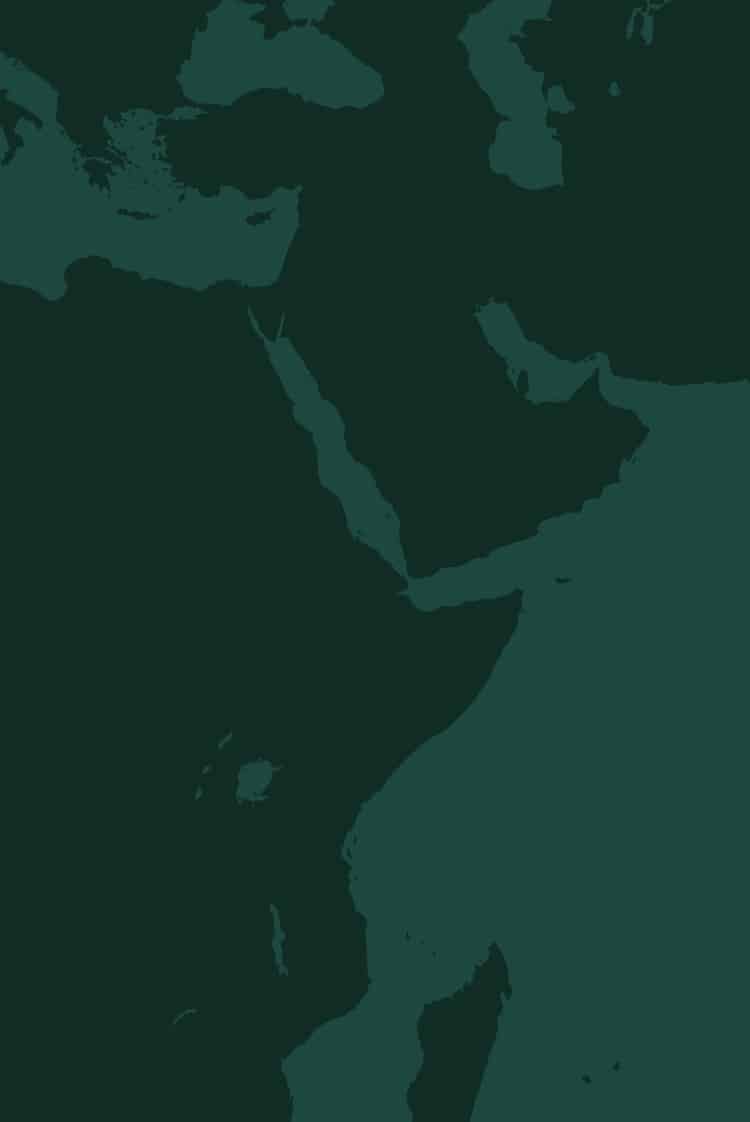
THE 10/40 WINDOW
In this part of the world, Islam, Buddhism, and Hinduism are widely practiced, and thousands of distinct people groups are considered unreached.
3.4 BILLION PEOPLE
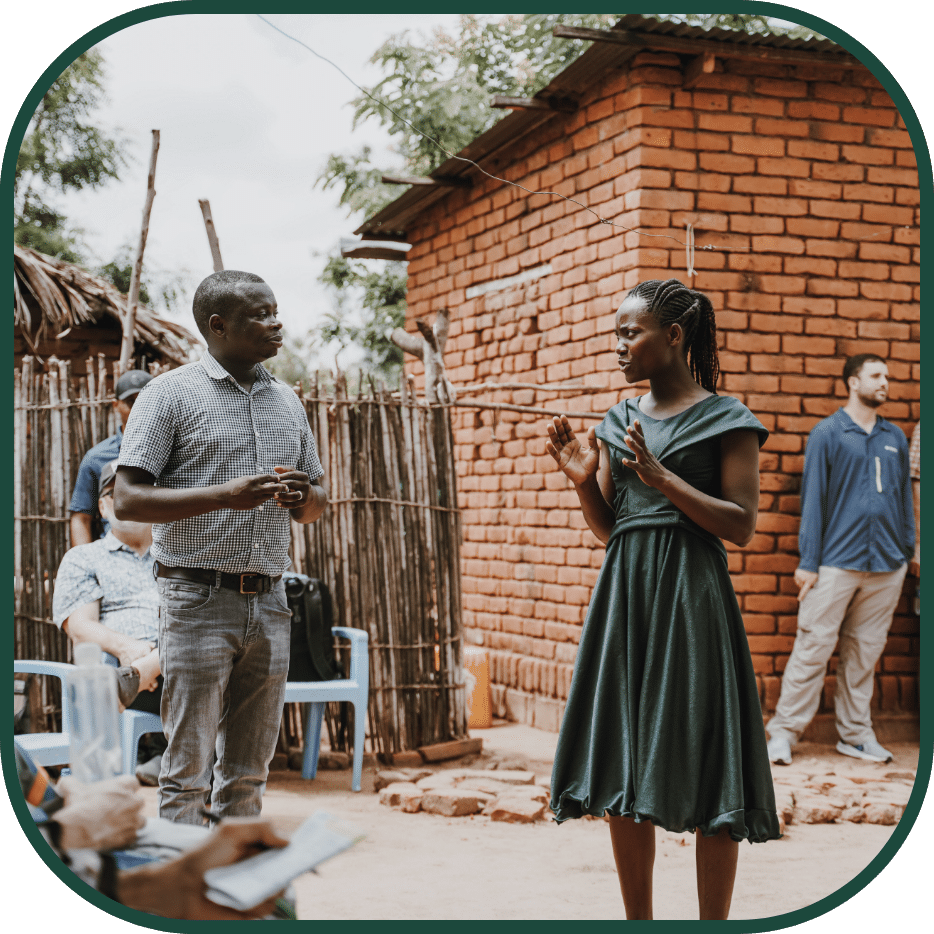


Global Gospel Literacy
In 2025, forty-one percent of the world still doesn’t have access to the Gospel.
That’s approximately 3.4 billion people, and if that number feels huge — it is. If you tried to count that high, it would take you more than 95 years to go from 1 to 3,400,000,000. 1
For Christians living in the West, this statistic might come as a surprise. The United States estimated the presence of between 350,000 – 400,000 churches nationwide in 2020,2 and for those of us who grew up with a place of worship around every corner, news of a 41% gap in global Gospel literacy might seem like a fluke.
41%
of the world still doesn’t have access to the Gospel
“it costs you everything. You could lose your life in some cases, and you certainly have nothing and nobody left.”


"When Jesus saw the crowds, He had compassion for them, because they were harassed and helpless, like sheep without a shepherd. Then He said to His disciples, “The harvest is plentiful, but the laborers are few; therefore pray earnestly to the Lord of the harvest to send out laborers into His harvest.”
Matthew 9:36-38
The Messengers
Despite these realities, God is multiplying the Church. Local pastors are working tirelessly to lead anyone to Christ who will listen—baptizing them, discipling them, and then sending them out to their families, friends, and villages to preach the Gospel.
“A pastor I know was put in prison early in his life,” David said. “His church was confiscated. He lost everything. But he ended up baptizing the judge that put him in prison. She got saved. It’s book-of-Acts type stuff.”
In the face of persecution, stories like this one are happening everywhere. Teenagers are leading their parents and siblings to Christ just months after their own conversions. Witch doctors are giving up generations of tradition to follow Jesus. Disciples are making disciples, training others to take the Gospel message to their neighbors and beyond.
These Christians are fiercely passionate about reaching their people for Christ. At the risk of their personal safety, believers are devoting their lives to spreading the Gospel in areas that don’t have access to the Good News. Often, they do this without extensive theological training, financial backing, or even Bibles of their own.
The Church In Ethiopia
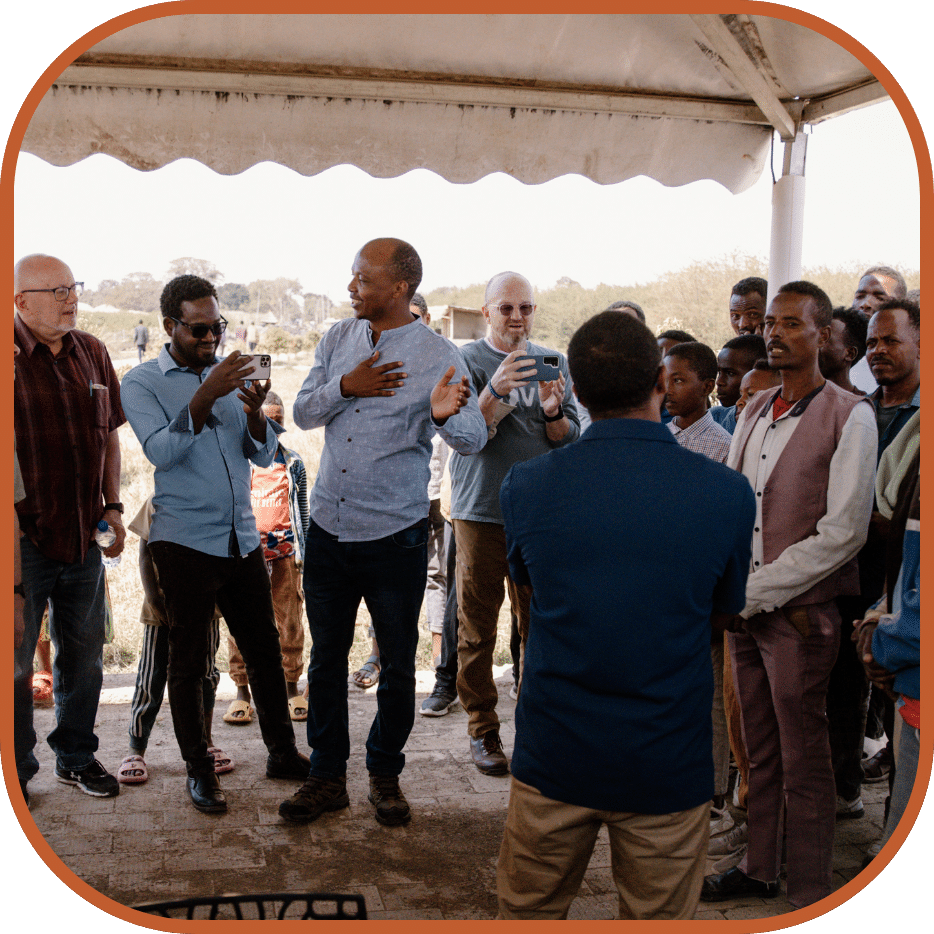
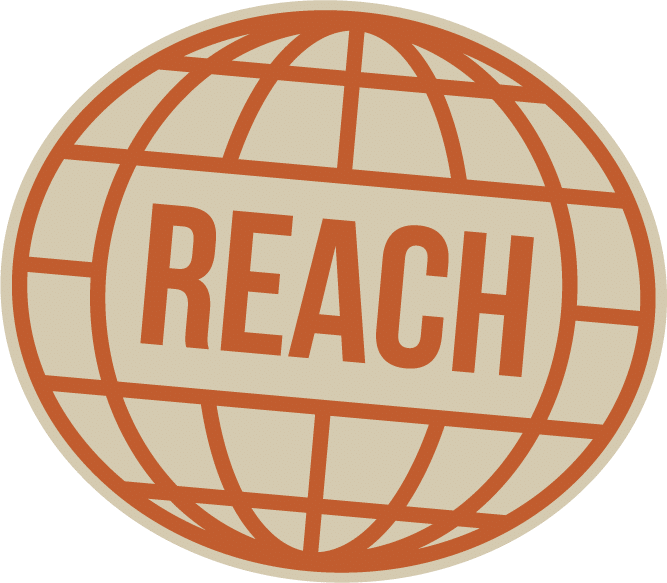
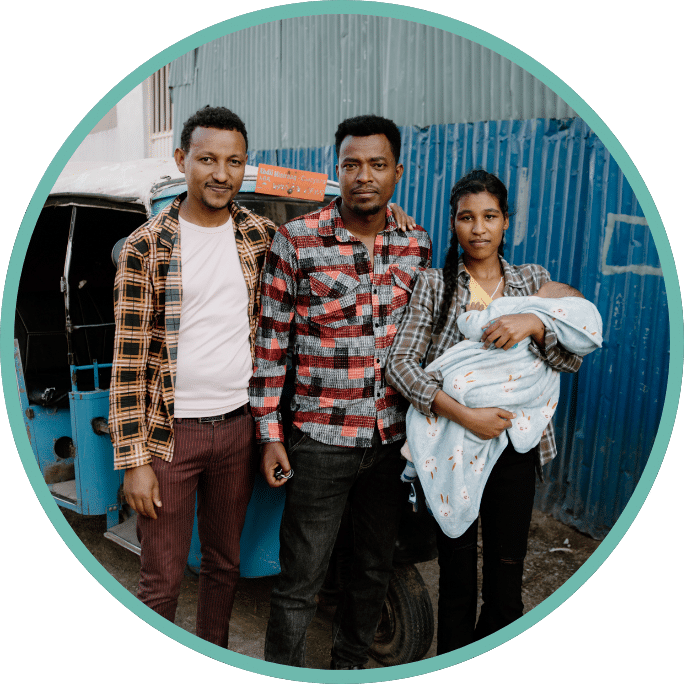
Blended Beliefs
At first glance, Christianity in Ethiopia might seem to be thriving. Throughout the country, many places of worship bear the cross of Christ, and it’s not uncommon to see men, women, and children wearing that same cross somewhere on their person.
These crosses signify allegiance to the Coptic Orthodox Church, which accounts for the religious beliefs of an estimated 30 million Ethiopians. Some regions in Ethiopia blend cultural beliefs with Coptic Christian principles, resulting in doctrine that combines teachings of angels and saints with astrology, fortune-telling, and imps.5 Another 31% of Ethiopians adhere to Islam, and countless more hold to the traditional practice of witchcraft.
The presence of biblical Christianity holds a much smaller percentage in the country. Although Christianity isn’t outlawed, Christian converts face heavy persecution from religious majorities. Because of this, those who share the Gospel can face the destruction of their property, ostracization from their communities, or death.
31%
of Ethiopians adhere to Islam, and countless more practice witchcraft


A Christian church in Ethiopia usually holds anywhere from 8–12 believers.
Green, Yellow, and Red Villages
Regardless of these obstacles, pockets of believers are growing in villages across the country. Local pastors, dedicated to reach their neighbors with the hope of Christ, use color-coded maps to strategize the location of new churches in places that still haven’t heard the Good News. Villages that already contain a local church are colored green, villages that contain Christians but don’t have a local church are yellow, and villages that have neither are marked red.
An evangelical house church in Ethiopia usually holds anywhere from 8 – 12 believers, and as people give their lives to Christ, they are baptized and taught how to pray, study God’s Word, gather regularly, take communion, live generously, and disciple others. As new believers become stronger in their faith, they will often witness to their family and friends, leading them to know the Lord as well. Eventually, these believers might help evangelize to an unreached village, leading the inhabitants to establish a church of their own and turning it from red to green.
those who share the Gospel can face the destruction of their property, ostracization from their communities, or death.
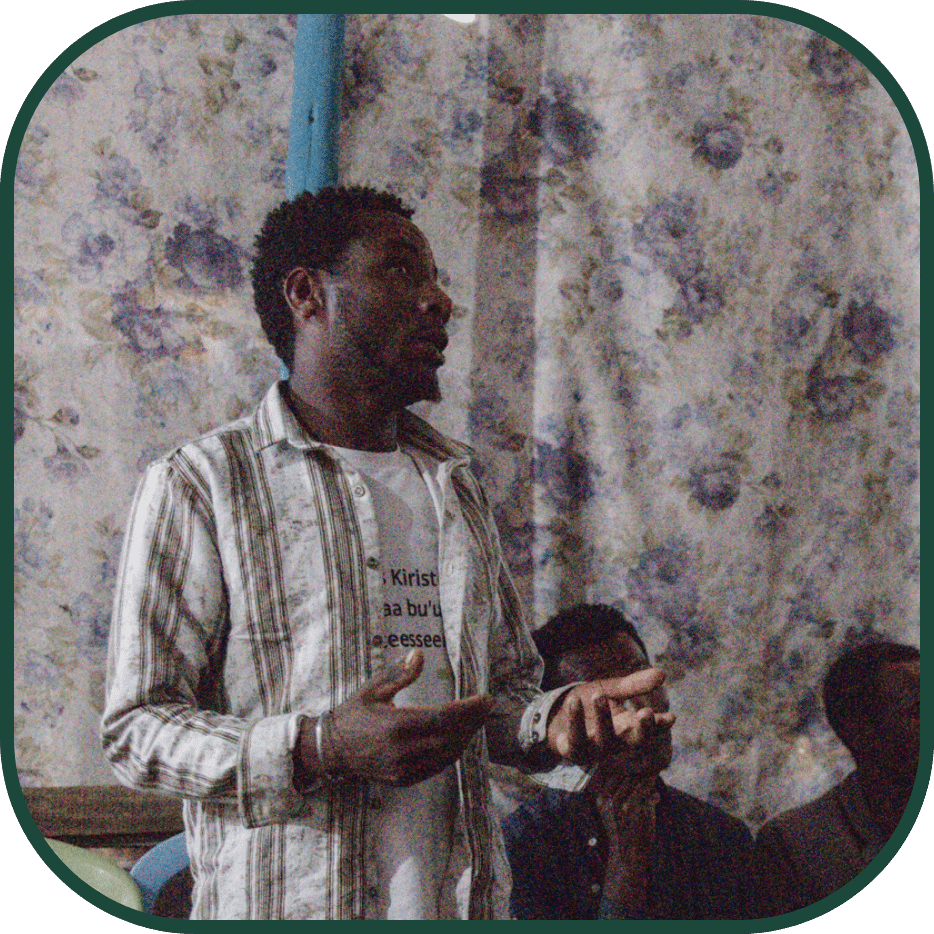

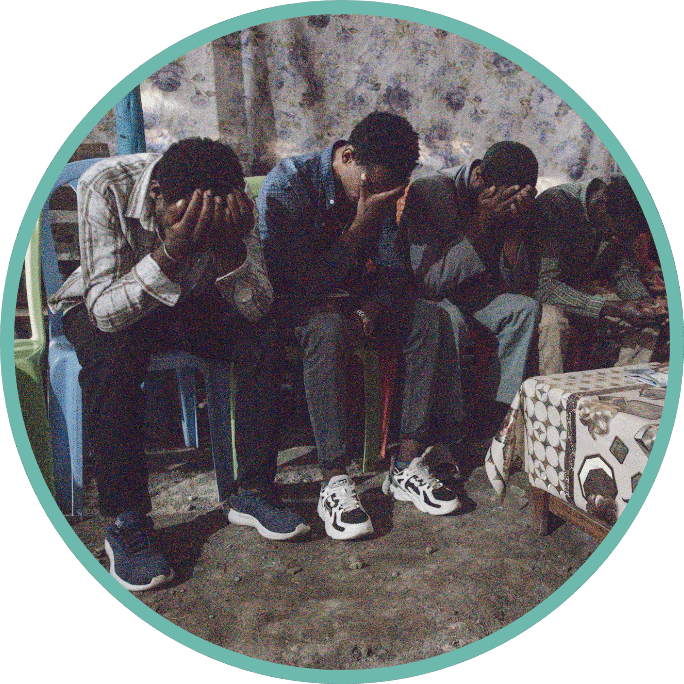
An Identity Reclaimed
One of these believers is a man named Wendemu. Years earlier, as an orphaned boy, Wendemu had been taken in by a Muslim family under the condition that he change his name to Mohammed. He lived for years under this assumed name, eventually finding himself addicted to drugs and back on the street.
It was there that he met a believer in Jesus, who cared for him and prayed over him until the spirit of addiction left his body. After Wendemu accepted Christ and was baptized, he rid himself of his assumed name and reclaimed the name he’d been given at birth. He now radiates with the joy of the Lord and has led four others to Christ.

The Sacrificial Tree
In a different village, one of Ethiopia’s most revered witch doctors holds an annual festival that draws people from all over Africa to receive his blessing. As part of ceremony, the witch doctor sacrifices animals at the base of a giant tree that stands on a hill within the community. This is done to appease evil witchcraft spirits and has led many across the continent to consider the bloodstained roots of the tree as a famous site of ritual worship.
The village that surrounds the sacrificial tree is called Biyu, and no Christians or churches currently reside there. The witch doctor holds a significant amount of power over the people, making it a difficult place to reach with the Gospel.
However, two believers in a nearby village have been deeply moved to share the hope of Christ in this area. At just 19 and 21 years old, they have already planted eight house churches in their own communities, and now they’re committed to establishing a church in Biyu. These young men often travel to the base of the sacrificial tree to pray over the village below, braving significant danger at the hand of the witch doctor who lives there. Still, they continue to pray that the hearts of the people will open, allowing the Gospel to set them free from the heavy spiritual darkness that has settled there for generations.
THE CHURCH IN SOUTHEAST ASIA
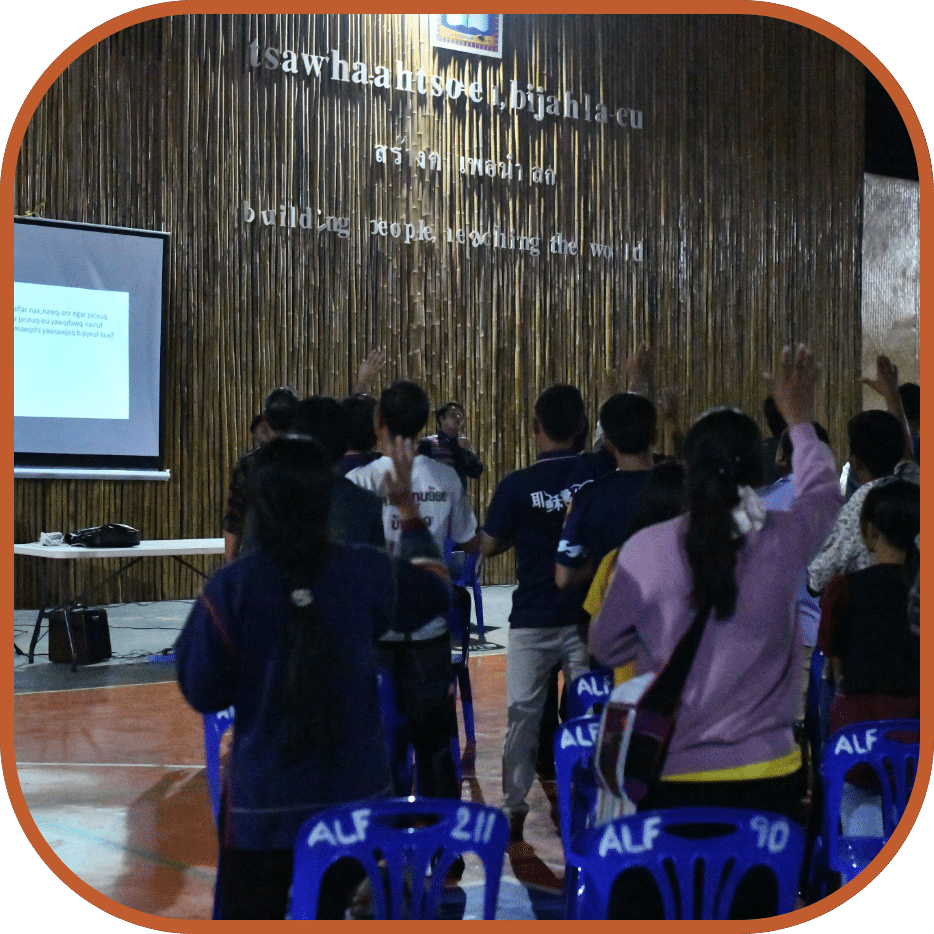


Local Customs
Islam, Hinduism, and Buddhism have been widely practiced across Southeast Asia for centuries.6 As a result, these primary belief systems have been engrained deep into local customs and culture, making it difficult for Christians to spread the Gospel. Even in countries that don’t specifically outlaw Christianity, the persecution of Christ followers is often condoned or encouraged. This reality has dissuaded many people from giving their lives to Jesus, which means that countries like Laos, Thailand, Myanmar, Indonesia, Vietnam, Cambodia, and many more contain only small percentages of believers.7 Myanmar is particularly at risk, as citizens—Christian and non-Christian—are caught in the crossfire of the country’s third military coup since 1948. In the last four years, it’s been estimated that more than three million civilians have been displaced because of the conflict, while over seventy-five thousand have been killed.8
"Killing, fighting, torture. It’s unimaginable. It’s inhuman. I’ve never seen anything like it in all my life. It’s happening every day"
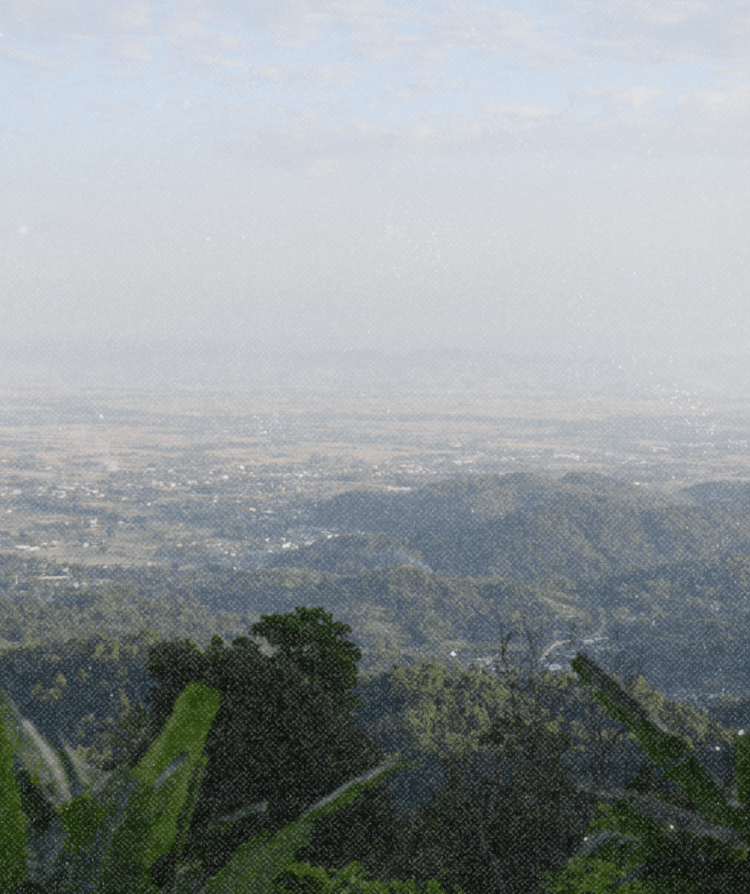
The Devastation of War
“The country is in chaos now,” says Dr. Moses Liancuh, a church planter and movement leader who was born and raised in Myanmar. “Killing, fighting, torture. It’s unimaginable. It’s inhuman. I’ve never seen anything like it in all my life. It’s happening every day—my hometown of 10,000 people was completely burned to the earth. No human thing can live. The situation is so intense, people are running to India.”
Alongside his wife, Boihte, Dr. Liancuh has dedicated much of his life to sharing the Gospel with the people of Myanmar. The couple moved to Thailand to help facilitate a Gospel movement throughout the entirety of Southeast Asia, but their hearts remained burdened with the suffering of their people. Currently, half of their time is spent pursuing unreached people groups with the Good News, while the other half is spent caring for their son, who is severely ill and needs to be hospitalized regularly.
“In Myanmar alone, we have 149 different people groups,” Dr. Liancuh said. “Out of those, 53 of them are unreached people groups. We know we have a long way to work, but we are doing what we can. Indonesia is the largest Muslim community in the world—there are over 17,000 islands and more than 200 million people. There are nearly 60 million people in Myanmar, and 80% are Buddhists. They say Buddhism is part of their culture and way of life, so converting to Christianity would be a betrayal to their country.”
The people groups that Dr. Liancuh and Boihte are attempting to reach often have little-to-no education, so they’ve worked at translating biblical resources into the people’s native languages while teaching theology in ways that make sense to them. The couple is also contributing to a mapping process designed to mark the location of existing churches in the region, making it easier to pinpoint unreached areas.
“Me and my wife are here to obey the Great Commission,” Dr. Liancuh said. “God wants to draw people to Himself—the people of Thailand, Myanmar, Cambodia, Southeast Asia, and the whole world. The Father desires people to come to Him, but He is looking for someone who is obedient and available. Even in this period of crisis, we have seen tremendous impact in Myanmar. We have planted several hundred churches across the country, and thousands of people have come to the Lord.”
“We are so grateful to those who are willing to sacrifice, pray, collaborate, and stand with a couple like us,” he continued. “Please pray that the Heavenly Father will have mercy on the people of Myanmar. We have a long way to go, and we can’t do it alone. We need people to pray that we’ll achieve a church in every village in our generation. We want to see it in our lifetime.”
There are nearly 60 million people in Myanmar, and 80% are Buddhists.
YOUR GLOBAL IMPACT
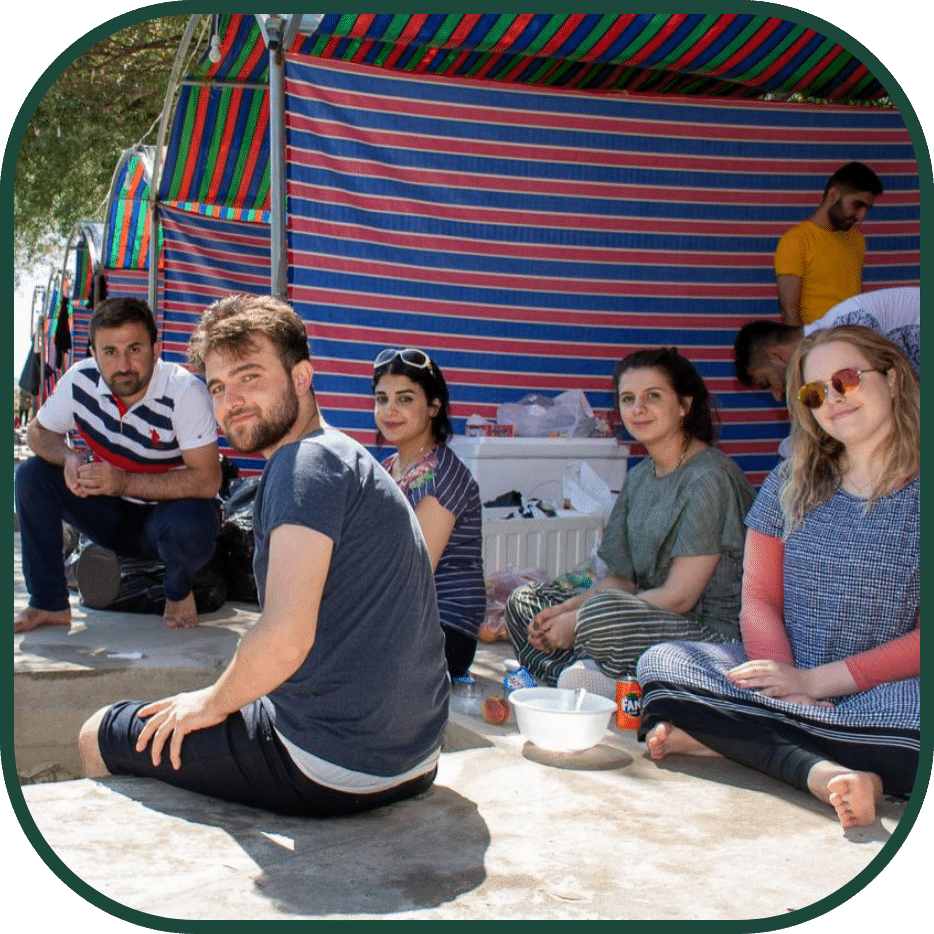

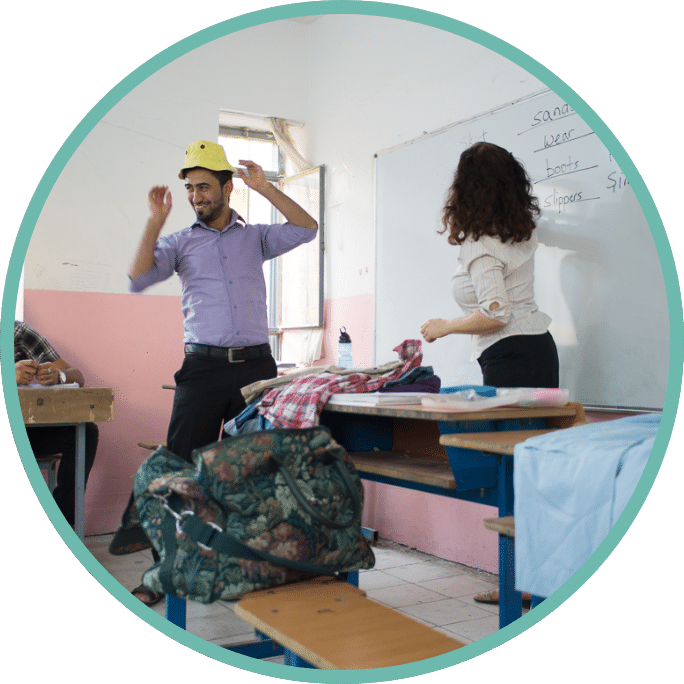
Can You Make A Difference?
The need for Christ around the world is overwhelmingly great, so how can our efforts really make a difference? When the reality is that almost half the world still hasn’t heard the Good News, the effects of our impact might feel like a drop in the bucket. But the truth is that our efforts can’t save anyone—only by the prompting of the Holy Spirit can a person receive salvation through the Gospel. However, because He loves us, God has chosen to work through His Church to make Himself known to all people.


“Go therefore and make disciples of all nations, baptizing them in the name of the Father and of the Son and of the Holy Spirit, teaching them to observe all that I have commanded you.”
– Matthew 28:19-20a
God’s Plan for the World
“Go therefore and make disciples of all nations, baptizing them in the name of the Father and of the Son and of the Holy Spirit, teaching them to observe all that I have commanded you.” (Matthew 28:19-20a)
This commission isn’t just for believers called to vocational ministry work—it’s for every Christ follower, everywhere. This means that God has called you to full-time ministry work within the context and vocation that He’s already placed on your heart. When we’re committed to loving our families, friends, coworkers, neighbors, and the nations like Christ, the Lord will work through us to multiply His Kingdom. “Behold,” He says, “I am with you always, to the end of the age” (Matthew 28:20b).
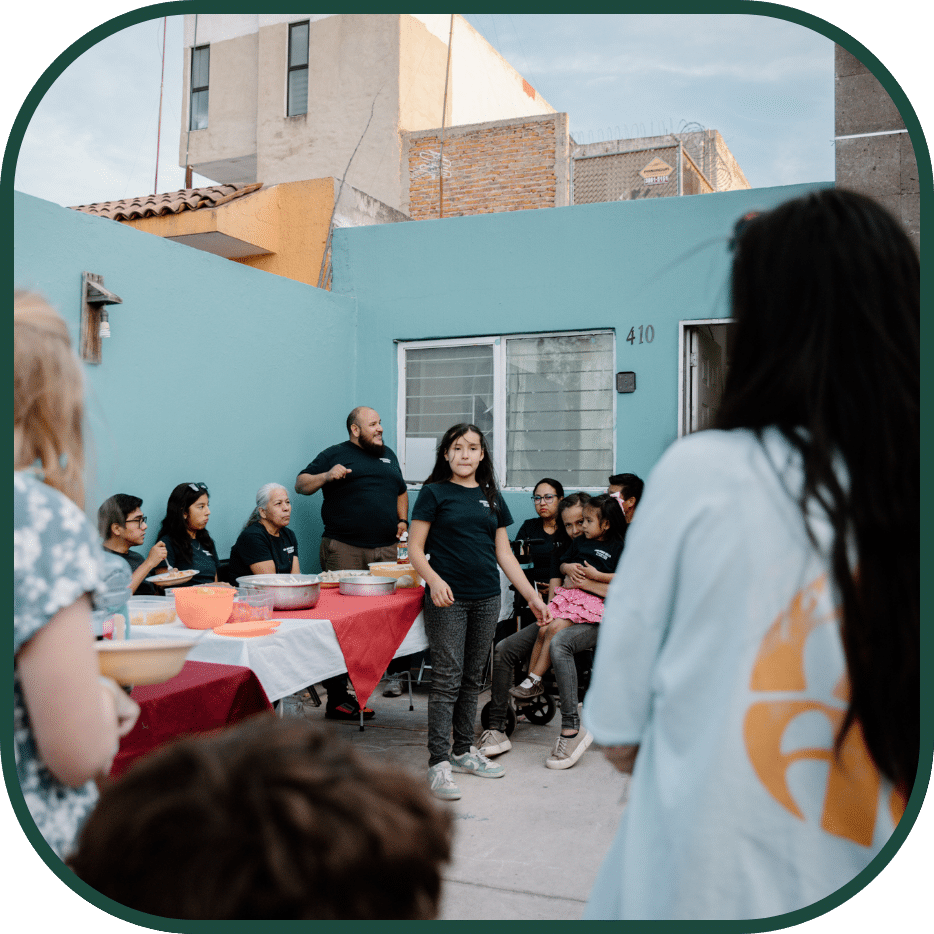
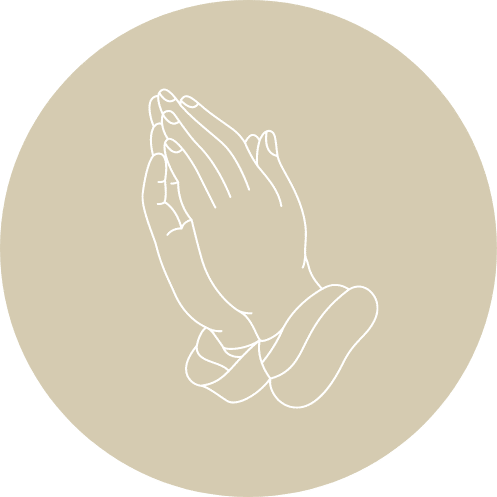
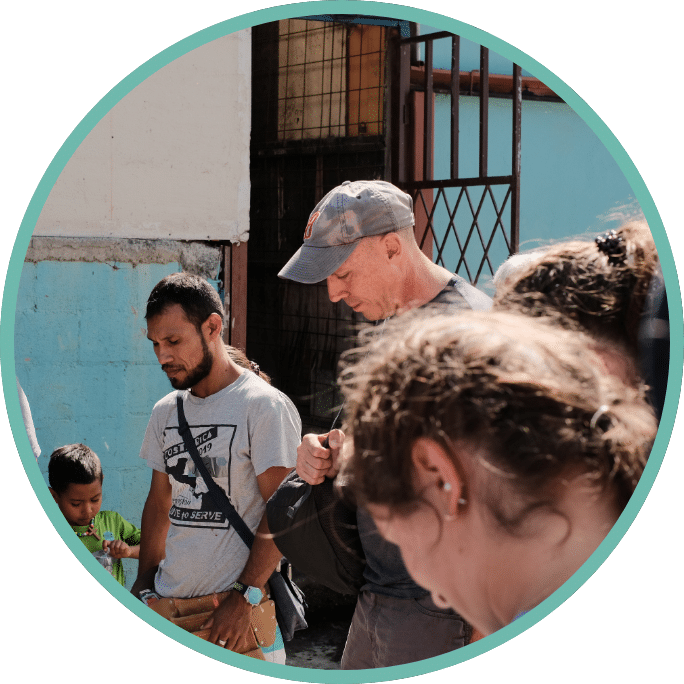
Three Ways to Advance the Gospel
So what can you do to advance the Gospel around the world?
Pray
“And this is the confidence that we have toward Him, that if we ask anything according to His will, He hears us. And if we know that He hears us in whatever we ask, we know that we have the requests that we have asked of Him.” – 1 John 5:14-15
Go
“Jesus said to them again, ‘Peace be with you. As the Father has sent me, even so I am sending you.’” – John 20:21
Send
“He who supplies seed to the sower and bread for food will supply and multiply your seed for sowing and increase the harvest of your righteousness. You will be enriched in every way to be generous in every way, which through us will produce thanksgiving to God. For the ministry of this service is not only supplying the needs of the saints but is also overflowing in many thanksgivings to God.” – 2 Corinthians 9:10-12

"I've seen prayer work firsthand."
Before she started facilitating global partnerships with her local church, Amy Lynn served for 12 years as a missionary in the Middle East. As a result of her work in several unreached cities, she saw two churches planted in an area that previously held a Christian population of 0.001%.
“I’ve seen prayer work firsthand,” Amy said. “The heart of God is moved by the prayers of His children. There were really specific times when someone in the States was praying, and the Lord moved someone in that exact moment. There are lots of barriers with mission work: language, culture, physical barriers like going through a rainforest or over a mountain to reach people. We need wisdom and open doors, which is where the Church comes in and prays. Not everyone can go to unreached places physically, but through the Spirit they can.”
During her time overseas, Amy hosted multiple short-term teams that came in to support her long-term work as an English teacher. These individuals did everything from setting up accounting systems at the school to teaching full-length classes, which helped strengthen relationships with her students and gave her time to rest.
“Short-term teams were such an encouragement,” she said. “I loved speaking English with our interns because I didn’t get to speak it any other time. Having people there from a church back home was a gift—and knowing that those people would go back and speak on behalf of the people we were trying to reach was huge for me. A lot of times, short-termers bring sets of skills you don’t have, so using the talents and giftings that the Lord has given you can fulfill the needs of missionaries and global partners.”
Today, Amy works to support ministries around the world as they take the Gospel to the unreached. She’s passionate about equipping the Church to live out the Great Commission so that every tribe, tongue, and nation might find salvation in Jesus Christ.
“How can people go if they’re not sent?” she asked. “The Church won’t be able to have a long-term presence in unreached areas without people who are financially sending. It’s really important that the Church is behind global missions—shouldering that financial burden for missionaries and global partners. Mission work is 24/7, so consistent giving is really helpful. Don’t think that the Lord can’t use you, because He can. We need the Body of Christ.”
"How can people go if they’re not sent?"
WAYS TO GET INVOLVED
Pray
Pray for the Gospel to reach the nations through the work of our global partners.
Commit To Praying
Go
Go with a short-term mission team to support the ministry of our partners around the world.
Find Your Team
Written By
Sierra Okoniewski
Staff Writer

